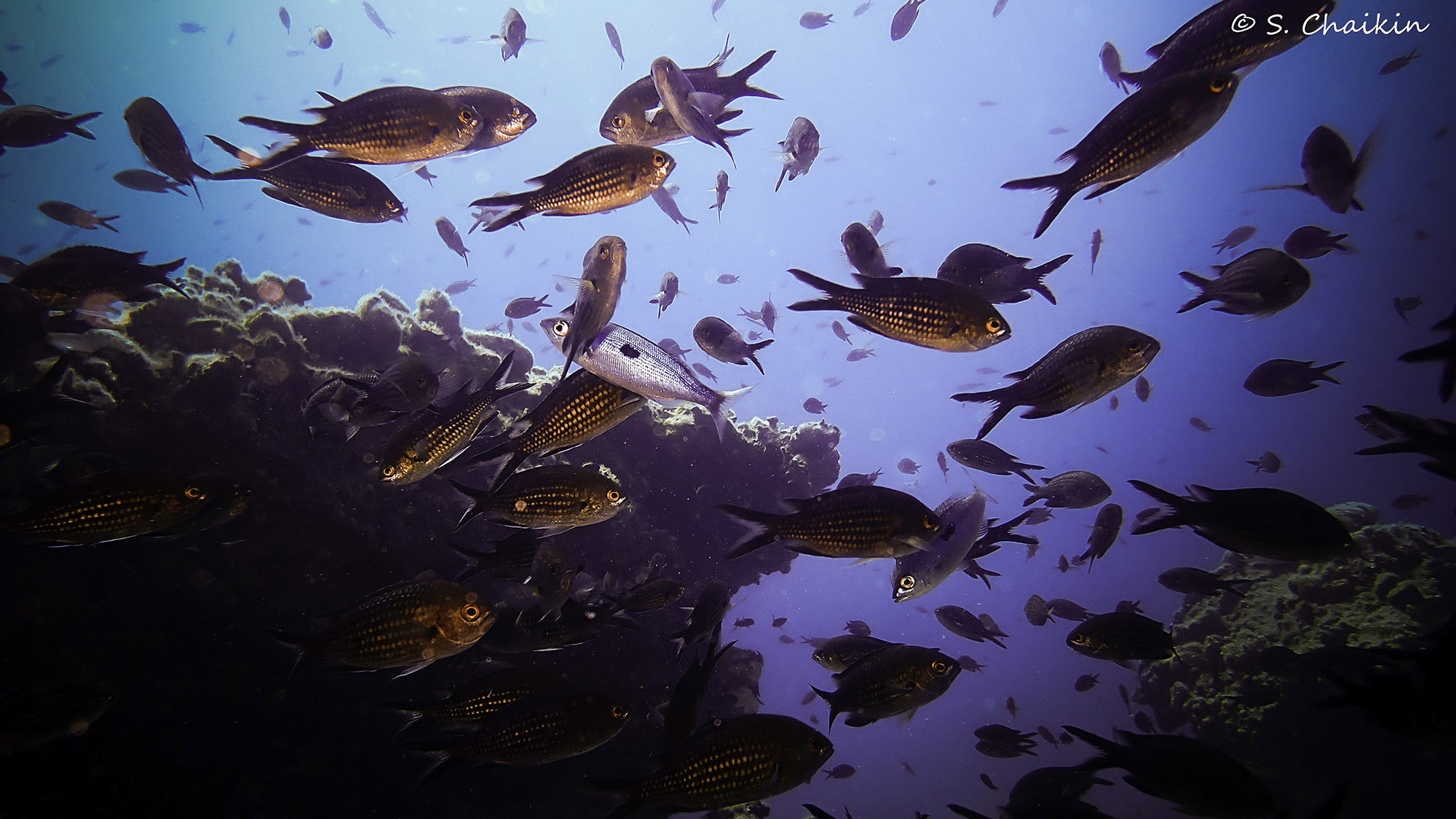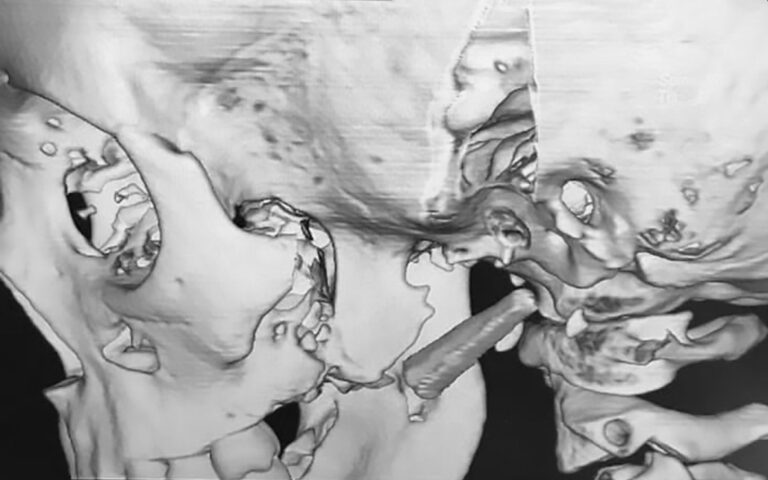Fish and other species are migrating to deeper waters in the Mediterranean Sea as climate change heats up surface water, threatening both conservation efforts and the fishing industry.
In a statement sent to Newsflash yesterday (11th November) from Tel Aviv University (TAU), experts outlined a study that looked at the effect of warming waters on hundreds of species in the Mediterranean Sea.
The study examined 236 different species and found that dozens of different fish, molluscs and crustaceans are migrating deeper as they flee warming temperatures.
Sea life migrated an average of 55 metres (180 feet), where the water was six degrees Celsius colder, TAU said in the statement.
The change was not the same for all species with cold-water species found deeper than warm-water species.
The migration is expected to have a damaging effect both on future attempts to preserve marine life and on the fishing industry.
Professor Jonathan Belmaker, the supervisor on the study, said the Mediterranean was already very warm and as the temperature continues to increase it is simply becoming uninhabitable for many species.
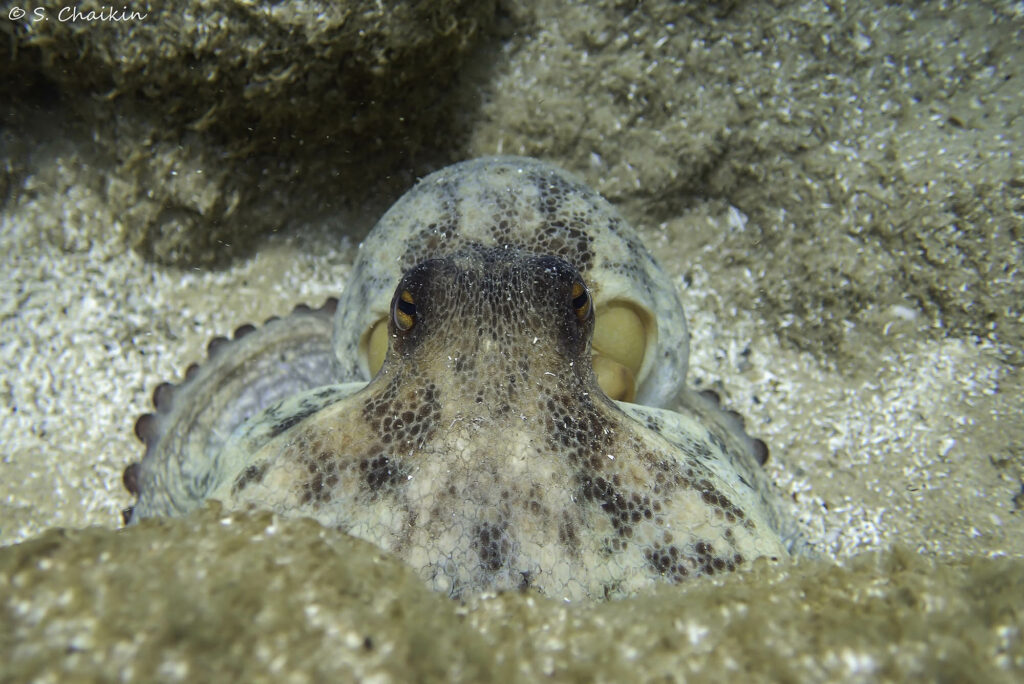
(Shahar Chaikin/Newsflash)
He added that the issue is further complicated by the extreme range of the Mediterranean with colder water in the northwest and very warm water in the southeast.
Belmaker believes that this range in temperature makes it the ideal place to study how global warming will force species to adapt.
Temperature driven migration has been documented before, in the Arctic where narwhals have been forced into the open ocean due to warming fjords, but the Mediterranean is believed to be one of the fastest-changing ecosystems in the world.
According to the researchers, the study has shown that by looking at the traits of species their reaction to the increasing temperatures can be predicted, which could be valuable knowledge for future conservation programmes.
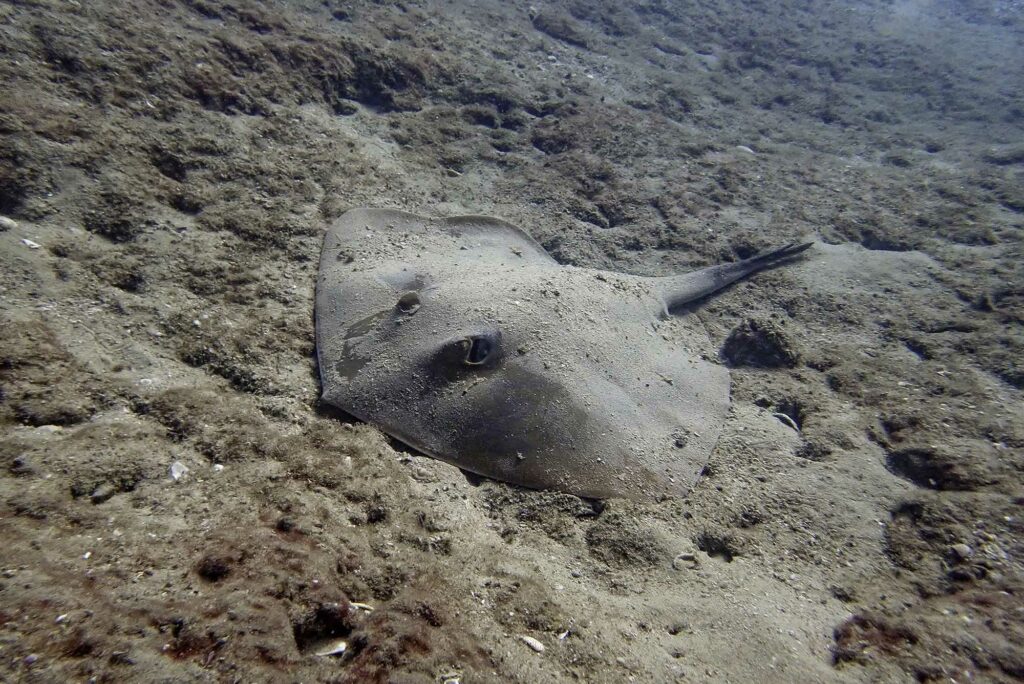
(Shahar Chaikin/Newsflash)
The study was carried out using meta-data with studies looking at the fish caught by trawler vessels operating at different depths being compared to temperature data.
Shahar Chaikin, the study’s lead author, said that the data clearly showed that the minimum depths of species in the Mediterranean is getting deeper and the effect is more pronounced in cold-water species.
The species that are less inclined to dive deeper generally have a lower temperature range and would not survive in the deeper water.
The research clearly shows that species are responding to climate change by altering their distribution, said Chaikin.
According to Chaikin, future conservation plans will have to account for species living in deeper than usual waters and marine reserves will need to be defined to provide shelter for species that have migrated deeper.
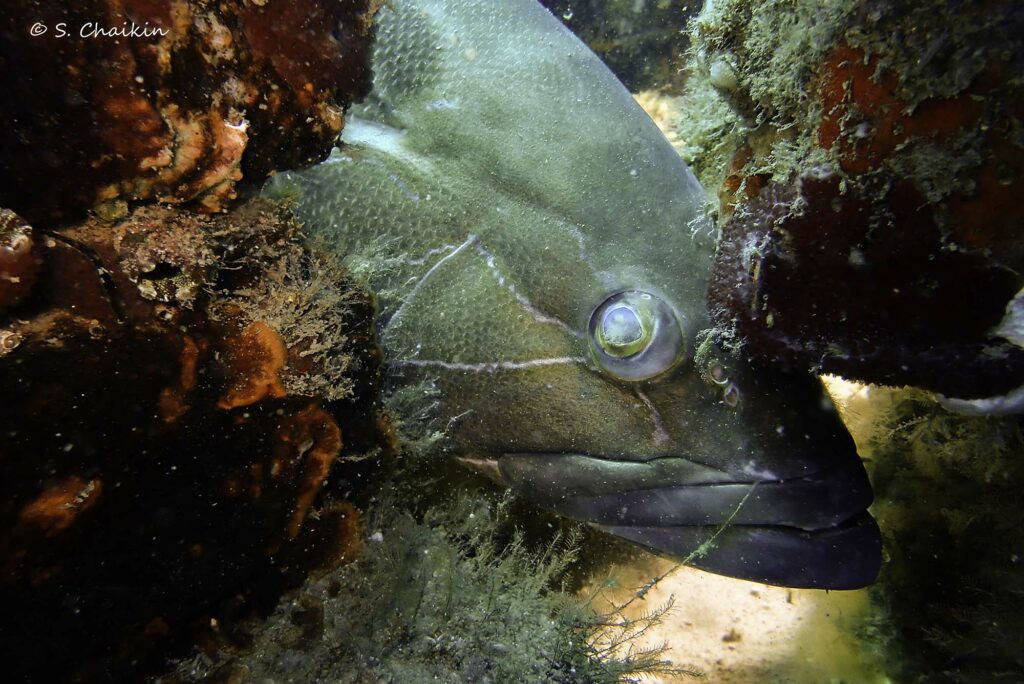
(Shahar Chaikin/Newsflash)
The fishing industry will also need to adapt with more focus placed on deeper waters, this will force boats to sail further into the ocean and burn more fuel.
Belmaker concluded the statement with a warning stating that despite the ability of species to adapt to warmer waters there is a limit and the limit is the seabed.
He said: “We are already seeing deep-sea fish like cod whose numbers are declining, probably because they had nowhere deeper to go.”
The study was published under the title ‘Cold-water species deepen to escape warm water temperatures’ in the Global Ecology and Biogeography journal today (12th November).
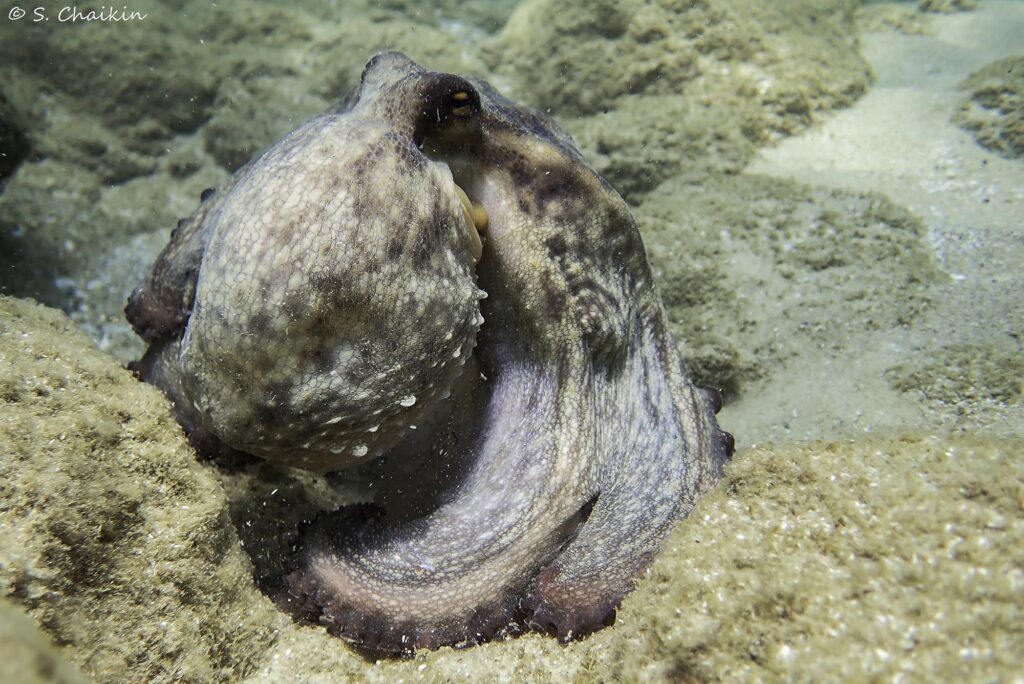
One of the fish species in the Mediterranean Sea that climate change has forced to swim to new depths.
(Shahar Chaikin/Newsflash)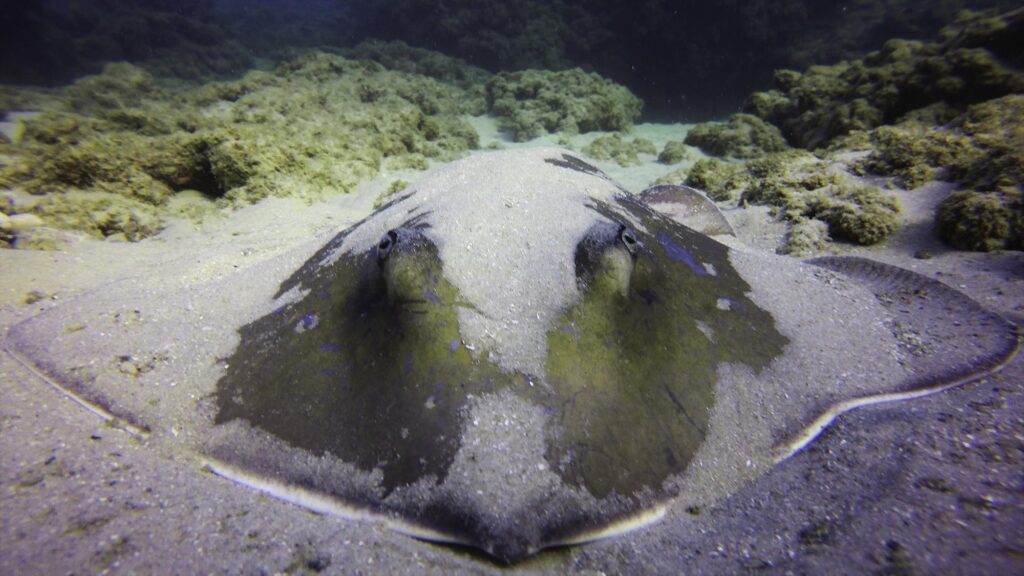
Close up shot of a Sting Ray which is one of the fish species in the Mediterranean Sea that climate change has forced to swim to new depths.
(Shahar Chaikin/Newsflash)
To find out more about the author, editor or agency that supplied this story – please click below.
Story By: Peter Barker, Sub-Editor: Joseph Golder, Agency: Newsflash
The Ananova page is created by and dedicated to professional, independent freelance journalists. It is a place for us to showcase our work. When our news is sold to our media partners, we will include the link here.

